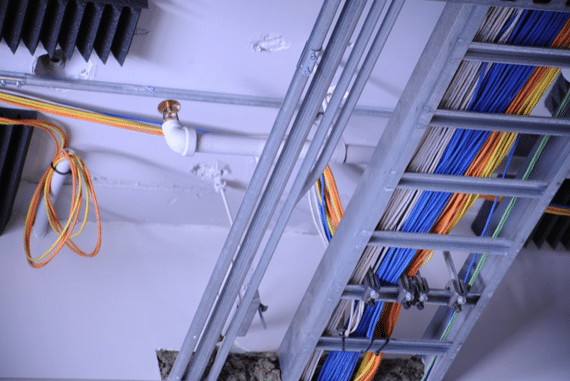
Despite the widespread awareness, many individuals, including professional electricians, often suffer injuries and electrocution from wiring incidents. Interestingly, 98% of these incidents are from the private sector, while 2% are from the government or the public sector. This implies that unlike government agencies, which have a set of standards and procedures, the private sector has very little regard. Below are common wiring mistakes you should avoid.
1. Not seeking a permit
Most states require electricians to apply for a permit before running new electrical lines. The only electrical installation you can complete without a permit is replacing light fixtures and other less complicated connections. If you are wiring an industrial plant, you should apply for a commercial permit. Certified agencies will inspect the proposed project before giving permission.
You should also apply for permits from environmental site assessment, SWPPP, and stormwater management and compliance companies before beginning your project for utmost safety. On the other hand, you should apply for a residential permit before making electrical connections in homes and residential properties.
Applying for the permit requires submitting the design of your project. The department responsible will follow up with the inspection. However, passing inspection doesn’t mean your wiring project is safe, as inspectors may not catch all mistakes.
2. Using extension cords as permanent wiring
If you intend to DIY your electrical wiring, start by learning the different types of wires and their best uses. Extension cords are a perfect option if your wiring project has few outlets. However, you shouldn’t use them in permanent connections and installations, such as wall air conditioners and garage door openers. Permanent installations should be made by licensed electricians using the right wiring cables and terminators. Unless marked otherwise, electrical cords should only be used temporarily.
3. Overloading wires
Overloading occurs if you install several outlets on a wire. Overloading your connections can cause several problems, especially if most or all appliances are switched on simultaneously. Relying on one wire to supply several outlets overwhelms the circuit and lowers voltage. This prevents appliances from working normally or causes utility blowouts.
4. Cutting electrical wires short
To save on costs, most people cut overly fine wires, making it difficult to make a proper connection. Using short wires increases the risk of electrocution and electrical shorts. You should ensure that wires from electrical outlets are three inches or more. Short wires lead to poor connections, which impair the flow of current. Short wires also cause:
- Heat build-up – Loose connection can cause heat build-up in the connection and surrounding wires.
- Need for replacement – You’ll have to replace wires that have been cut short sooner.
You should ensure all your electrical wirings are mechanically tight. Consider using a wire connector to extend short wires before completing the installation.
Endnote
Stuffing the electrical box with many wires, leaving cables unprotected, using the wrong wires, and not installing GFCI are other common electrical mistakes you should avoid. As an electrician, your responsibility is to provide safety to your clients, their properties, and the general public.